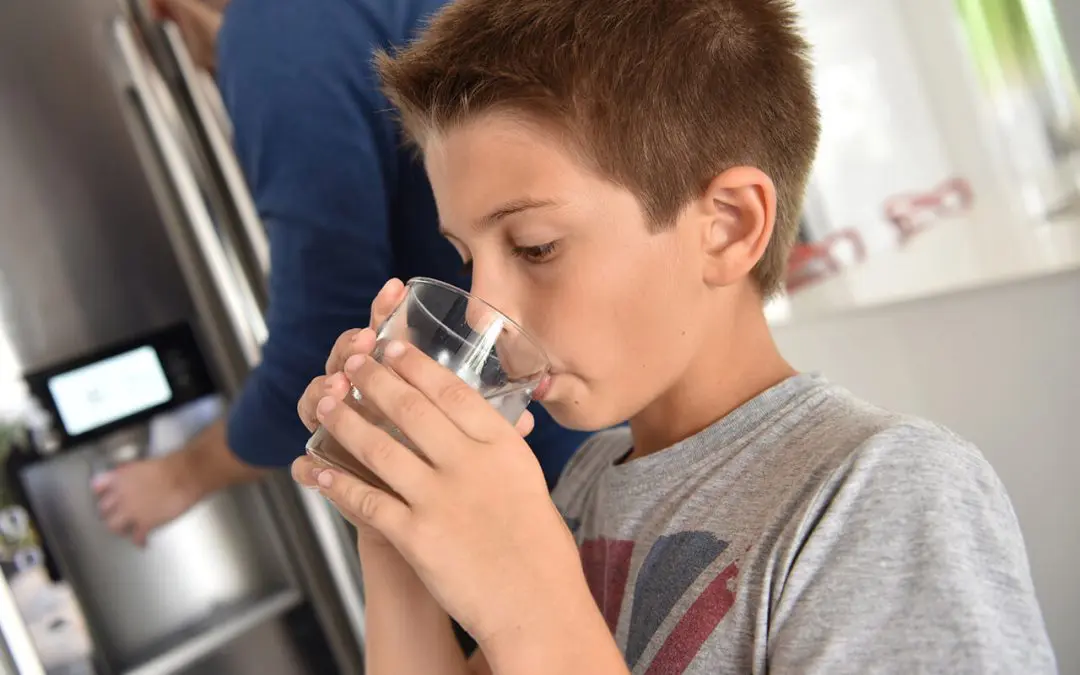All the different types of home water filters can be confusing for homeowners who just want to have healthy drinking water. Use the following information to help make an informed decision based on the kind of pollutants in your tap water.
Activated Carbon Types of Home Water Filters
This type of filtration removes chloroform, chlorine, organic substances, agricultural chemicals, and sediment. Water passes through charcoal, which adsorbs the pollutants, improving the taste and smell of the water and removing the impurities. Toxins bind to the material, leaving behind cleaner water.
Activated carbon is the most common of all types of home water filters and is affordable. These filters come in pitchers, faucet attachments, and built into refrigerators. Some systems use this technology along with other types of filtering for maximum results, such as reverse osmosis and UV purification.
Reverse Osmosis
Reverse osmosis gets rid of a wide range of impurities, like:
- Fluoride
- Arsenic
- Copper
- Hexavalent chromium
- Salt
- Radium
- Nitrites/nitrates
- Lead
Reverse osmosis is one of the most popular types of home water filters because it removes so many pollutants and doesn’t require electricity. This is a high-end water filter option that removes a large percentage of the various water supply contaminants in many areas.
During reverse osmosis, water is forced with high pressure through a membrane, and contaminants are trapped. One of the main benefits of reverse osmosis is that it effectively removes fluoride, a chemical in most drinking water.
One drawback is that these filters waste a lot of water. The process also may cause water pressure issues because it takes a long time to complete its filtration work.
Ultraviolet Filters
UV filters kill viruses and bacteria in water using ultraviolet light. The UV light kills viruses and bacteria when their DNA absorbs the frequencies. UV filters should be used in combination with other filtration systems because only bacteria and viruses are removed. Other systems are needed to remove contaminants such as lead, pesticides, and chlorine. UV filtering is expensive and requires electricity to operate.
Types of Home Water Filters Include Distillation
During distillation, water is boiled and evaporated. The remaining vapor is condensed and transformed into distilled drinking water. Distillation removes organic and inorganic chemicals, heavy metals, and pathogens. The negatives are that distillation requires electricity and takes a long time to purify water.
You now have a better understanding of the various types of home water filters and can make an intelligent decision. Learn what contaminants exist in your water supply before choosing a water filter.
Robertson Home Inspection provides water testing and home inspection services to the Piedmont Triad. Contact us to schedule an appointment.

